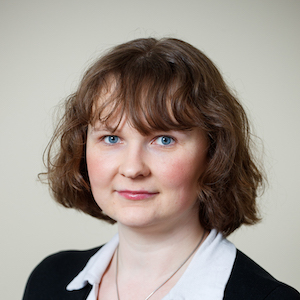Personal medicine is the next health revolution
Our genetic build-ups are unique. This means that some diseases should be treated differently depending on our personal genetic sequence. The emerging field of personal medicine will help the doctor to choose treatments specific to you.
However, the massive size of our genome means that there are still years of data analysis ahead for medical researchers. For example, to find the genetic location that causes a person to react badly to a drug, researchers collect gene sequences from two groups of people.
First, the ones who get the adverse effects and the ones who don’t. Then, the researchers look for the statistically significant differences in the genetic sequences of the two groups. These locations are then candidates for further research on probable causes. This kind of analysis is called a genome-wide association study (GWAS). Wikipedia has a great article on the subject.
Biobanks like the United States Million Veteran Program and Estonian Genome Center collect samples from large populations and conduct GWAS on them. However, the results are based either on US military veterans or Estonians and may not hold for people in other parts of the world.
The Estonian Genome Center has a data sharing policy in place that uses pseudonymisation for preserving privacy. However, pseudonymisation has not been universally accepted as a sufficient privacy-enhancing technique.
Sharemind catalyses research collaborations
Together with researchers from the University of Tartu, we designed a solution for jointly performing GWAS on data from multiple sources. The solution uses Sharemind to provide cryptographic privacy during both data collection and analysis. Our partners in the EU PRACTICE project have prepared a great explanatory animation on how this works.
According to our analysis, this solution will significantly improve privacy in two scenarios. First, public services such as 23AndMe, who provide genetic profiling for individuals, can provide improved privacy for their customers. Second, genome banks can combine their patient cohorts to improve the validity of their GWAS results.
We are continuing our collaborations to further improve the method and are also planning applications on real-world data. Let us know if you are willing to participate in such data sharing with other genome banks.
A full explanation of secure GWAS with Sharemind was published in the paper A new way to protect privacy in large-scale genome-wide association studies in the Bioinformatics journal (PDF). We are planning to repeat the experiments with more recent versions of Sharemind to determine how the performance has improved.

